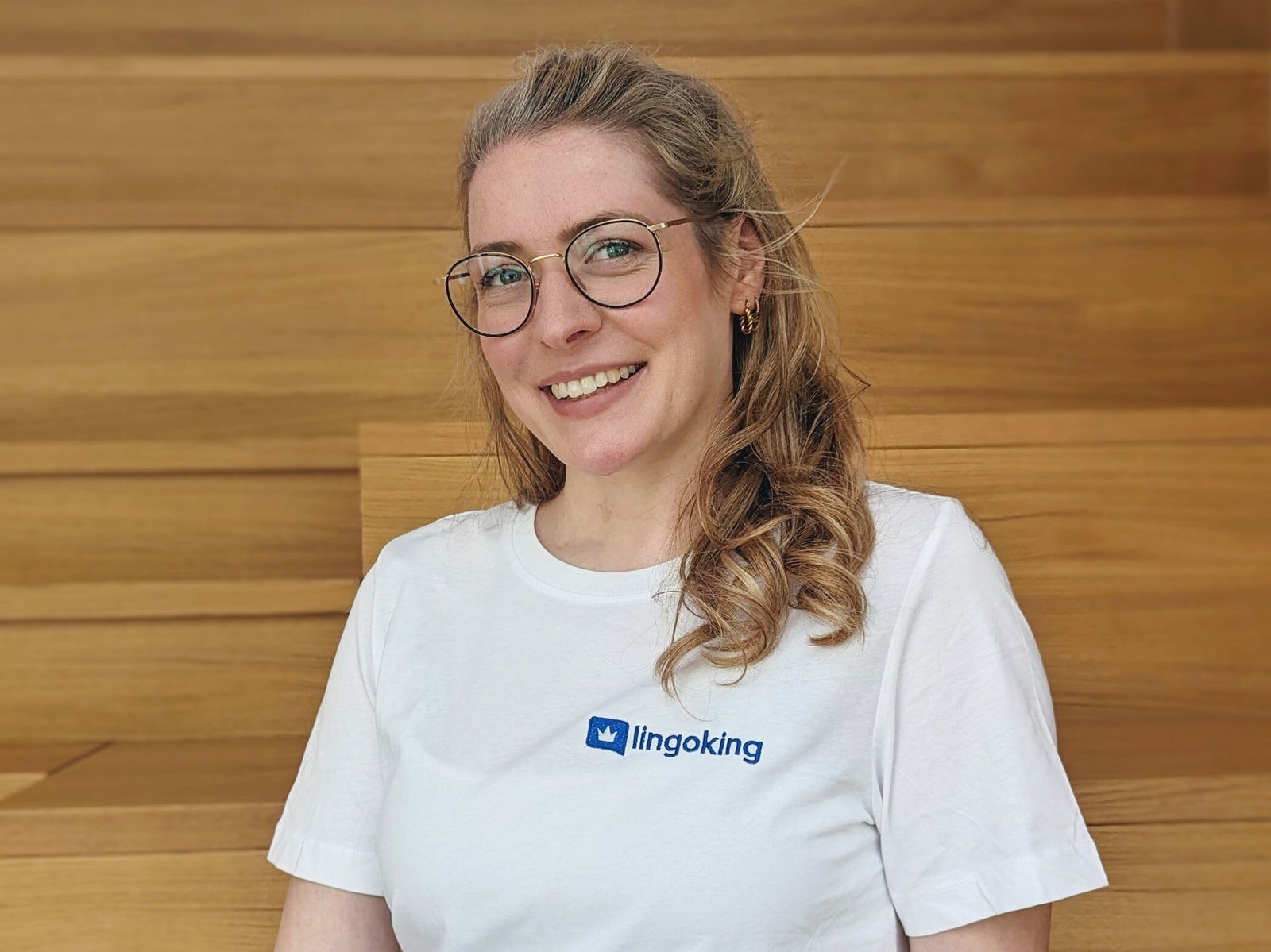
Recognition in Germany
Have you completed a state-recognised degree or vocational training abroad and want to live and work in Germany? Then you may need official recognition of your foreign degrees in order to work in this field. Learn more about recognition in Germany, how it works and what documents you need in this article.
What is official recognition in Germany?
Official recognition of foreign qualifications equates professional qualifications with German training. This is to be done in a recognition procedure. Only when your qualification has been recognised in Germany are you allowed to work in this profession in Germany.
Who needs such recognition in Germany?
Whether the recognition of a diploma or a comparable certificate is necessary at all in your individual case depends on two factors:
- country of origin
- professional group
If you come from a non-EU country, you will first need a work visa in Germany. In most cases, applying for a work visa also involves having qualifications and degrees recognised. Therefore you have to start a recognition procedure. The recognition of foreign degrees in Germany is not relevant for the majority of EU citizens, as they do not require a work visa.
Whether you require recognition also depends on your occupational group. In Germany, the legislator distinguishes between regulated and non-regulated professions. For most regulated professions, you must have your foreign qualifications officially recognised – regardless of your country of origin. They may only be carried out under certain legal conditions.
Regulated professions are for example:
- Lawyers and Judges
- Doctors
- Nursing staff
- Medical staff
- Teachers
- Pre-school teachers
- Educators
- Engineers
- Public sector employees
Even if you work in a non-regulated profession, in some cases recognition may be necessary for your work visa. Furthermore a recognition can also be quite useful, since it will allow you to show potential employers that your qualification from home is officially recognised in Germany. This improves your chances on the job market and assures potential employers that you are a specialist applicant. In addition, some non-regulated professions must also be recognised in Germany.
EU citizens can generally live and reside wherever they want within the European Union without having to apply for a visa. EU citizens are also allowed to pursue their profession anywhere in the European Union, but in practice there are restrictions. In Germany, these apply specifically to regulated professions.
Some professions are automatically recognised because there are uniform standards for professional qualification within the EU. These professions include:
- Doctor
- Dentist
- Veterinarian
- Pharmacist
- Nurse
- Midwife
- Architect
A list of other professions can be found in the EU Directive on the recognition of professional qualifications.
A recognition procedure must still be initiated for these professions with the competent authority. However, the equivalence of the degree held is not examined in this procedure.
You can apply online for the European Professional Card as recognition for the following regulated professions:
- Nurse for general care
- Pharmacist
- Physiotherapist
- Mountain guide
- Real estate agent
For non-regulated professions, EU citizens do not need recognition of their professional qualifications.
The most important prerequisite for initiating the recognition of foreign qualifications is proof of completed vocational training in your home country. With this proof, the first step is to find a suitable reference occupation in Germany. There are numerous advice services in Germany where you can obtain more detailed information on whether your profession is regulated and where you need to initiate the application process.
Do you no longer have all documents of your professional qualification? You can have a so-called quality analysis carried out, especially for typical apprenticeship or master craftsman occupations. This examination can take place in the form of a technical interview or a trial work placement in a company.
Documents required for recognition
Do you need to start a recognition procedure for your degree? Then you will need the following documents:
- Completed application form or, if applicable, informal written application
- Proof of identity
- Proof of professional qualification
- Confirmation of the content, form and scope of the training
- Translations of documentation and confirmations
- Officially certified copies of the documentation by citizens' offices or consulates
Translation of documents
For the smooth recognition of foreign degrees, the error-free translation of foreign documents is the basic prerequisite. For this, you will definitely need certified translations of your academic and professional qualifications. The translation for the recognition of foreign degrees can only be carried out by certified translators.
Decision on recognition
Once all the required documents have been received by the competent office, processing begins and with it the application procedure. Your application will now be checked for completeness and further documents may be requested. If all the documents are complete, they will be processed and a decision will be made after three months at the latest:
In the case of recognition, the foreign degree or diploma acquired is deemed equivalent in Germany. In this case, the regulated profession can be entered without further measures.
If there are substantial differences between the foreign and the domestic qualification, the application for recognition is rejected. In many cases, recognition can nevertheless be achieved with a compensatory measure or additional qualification.
What does recognition of foreign degrees cost?
Recognition of foreign qualifications surely involves some costs. These are usually between 200 and 400 euros, but can also be higher, for example in the case of regulated professions such as medicine or law. In these cases, processing takes longer due to the verification process and is therefore more cost-intensive.
Please find more information on the Information portal of the German government for the recognition of foreign professional qualifications.
Visa for a recognition partnership
Do you need to have your training qualification recognised, but want to immigrate to Germany in the meantime? Thanks to an existing recognition partnership, you can move to Germany and start your recognition procedure from there. This option is tied to the following conditions:
- Residence permit
You need to have your visa converted into a residence permit as soon as you have arrived in Germany. This permit is valid for 12 months. - Restriction for regulated professions
If you work in a regulated profession, you are only allowed to do auxiliary/supportive work while you wait for your recognition procedure to complete. If you work in a non-regulated profession, you can start working full-time right away. - Qualification
You must hold a university degree or have completed at least two years of vocational training. Your professional qualification must be recognised by the country in which you achieved this qualification. - Job offer
You need to have a fixed job offer in Germany. This job must be within your field, which will be assessed during the visa procedure. - Recognition partnership agreement
You will need a written agreement with your future employer to state that the recognition partnership will be evoked so you can start working. - Proof of language skills
Your German language skills must be at an A2 level or higher as per the Common European Framework of Reference for Languages (CEFR).
If your qualification is only partially recognised in Germany, you can take up a relevant qualification programme within the framework laid out in the recognition partnership.
Your residence permit (granted as part of your qualifications recognition procedure) is issued for 12 months and can be extended twice by another 12 months each. Find out which options you have once your qualification has been recognised or once you have completed your post-qualification programme in our article “Work visa in Germany”.
Visa for the recognition of foreign qualifications
Have you already applied for an official recognition procedure in your home country, but your qualification was only partially recognised? Then you still have the option of entering Germany with a visa for a recognition of foreign degrees and start your post-qualification programme there. Here are some conditions and requirements you should know about:
- Residence permit
You must apply for a residence permit as soon as you have arrived in Germany. This permit is valid for 24 months. - Proof of partial recognition of your qualification
As proof of partial recognition, you will need a letter stating that you are catching up on the knowledge and/or skills required to continue your job in Germany. - Confirmation of registration for a relevant post-qualification programme
You must have registered for a suitable post-qualification programme. If your job is hands-on (e.g., a trade job), you will need a training plan from a relevant company or institution. - Proof of German language skills
Your German skills need to be at an A2 level or higher as per the Common European Framework of Reference for Languages (CEFR). - Proof of sufficient financial means
You must have sufficient financial means to cover your living expenses during your stay in Germany.
Once your residence permit has expired (after 24 months), you can extend it for another 12 months. As soon as you have completed your training programme, you can apply for a 12-month residence permit to look for a job within your field.
If you already have a job offer, you can go ahead and apply for a residence permit for skilled workers or an EU Blue Card.





